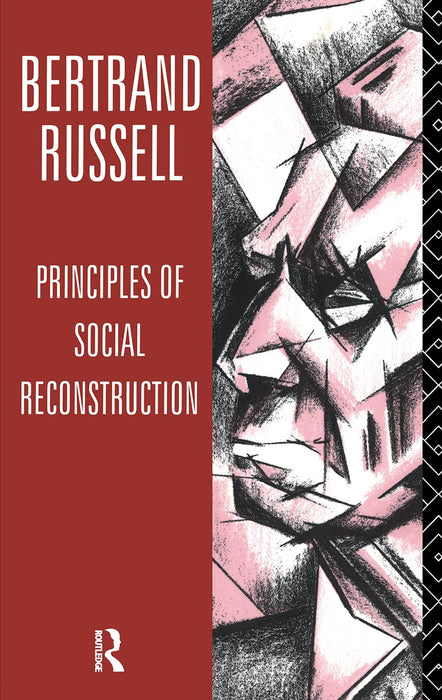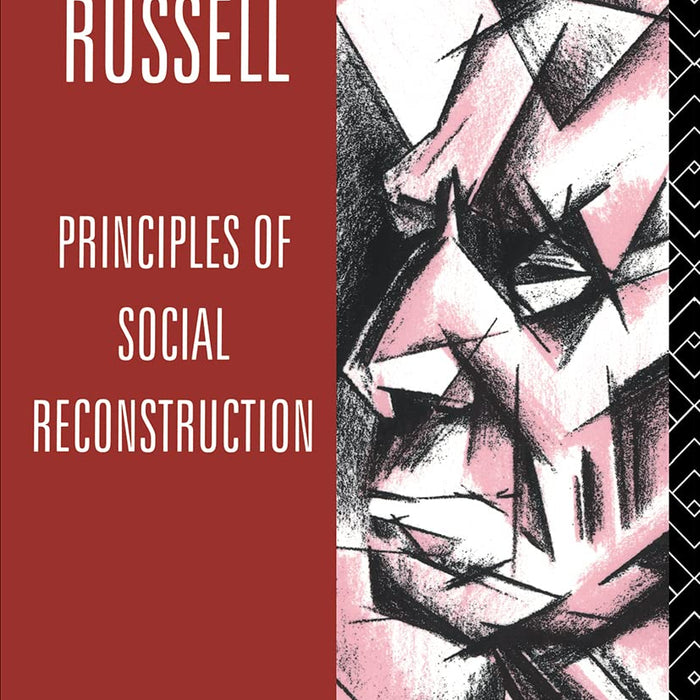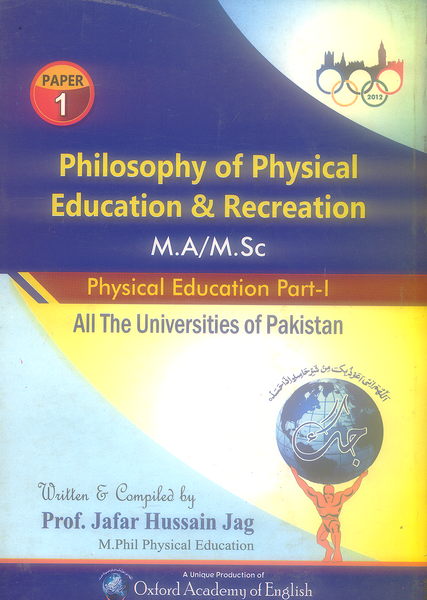Principles of Social Reconstruction 1st Edition by Bertrand Russell (Author)
- Publisher: PHILOSOPHY
- Availability: In Stock
- SKU: 53148
- Number of Pages: 188
Rs.630.00
Rs.895.00
Tags: Bertrand Russell , best books , Best Price , Best Selling Books , critique of capitalism , ethical reconstruction , ethics in society , ethics of war , human nature , human values , modern society , moral philosophy , ONLINE BOOKS , Online Bookshop , peace and conflict , philosophy of freedom , philosophy of reform , philosophy of society , principles of democracy , Principles of Social Reconstruction , rebuilding communities , rebuilding society , reconstruction after war , Russell's philosophy , social cohesion , social criticism , social equality , social ethics , social ideals , social justice , social organization , social progress , social reconstruction , societal principles
Principles of Social Reconstruction by Bertrand Russell is a powerful exploration of the philosophical underpinnings required to reshape society in the aftermath of conflict and social upheaval. Written during World War I, this work reflects Russell's profound concern for the moral, psychological, and structural foundations of a just and peaceful society. Russell argues that the driving force behind societal progress should not be power and competition but rather creativity, cooperation, and respect for human individuality. He critically examines the role of institutions, education, and economics, advocating for reforms that promote personal freedom and social welfare. The book is both a critique of existing social structures and a blueprint for building a society centered on human values, emphasizing the importance of compassion and reason in achieving lasting peace and justice.
Key Points:
-
Critique of Power Dynamics: Russell highlights how the pursuit of power has historically led to social conflict, advocating for a shift toward cooperation and mutual respect in societal structures.
-
Focus on Human Creativity: The book emphasizes the importance of nurturing human creativity as a central element of social progress, rather than relying on rigid institutional frameworks.
-
Reforming Education: Russell argues that education should focus on fostering independent thinking and moral integrity rather than obedience and conformity, which he sees as barriers to genuine social progress.
-
Economic Justice: The text underscores the need for economic reforms that prioritize social welfare and equitable distribution of resources, moving away from systems that perpetuate inequality.
-
Psychological Well-being: The author explores the psychological impact of war and conflict, advocating for societal structures that support mental health and emotional well-being.
-
Role of Individual Freedom: Russell stresses that true social reconstruction requires a commitment to individual freedom, allowing people to express themselves and pursue their potential without oppressive constraints.
-
Criticism of Nationalism: The book critiques nationalism, which Russell views as a divisive force that fosters conflict and undermines global solidarity.
-
Moral Imperatives for Peace: The author argues that genuine peace can only be achieved through moral imperatives, such as empathy and compassion, rather than merely through political agreements.
-
Reconstruction as an Ongoing Process: Russell presents social reconstruction not as a one-time effort but as a continuous process of improvement driven by ethical principles.
-
Timeless Relevance: Although written during World War I, the themes of the book remain relevant today, offering insights into how society can address current global challenges through moral and philosophical reflection.
Conclusion:
Bertrand Russell's Principles of Social Reconstruction remains a timeless work that challenges readers to rethink the foundations of society. By emphasizing the importance of creativity, freedom, and moral integrity, Russell presents a vision for a world where social progress is driven by compassion and human values rather than power struggles. This book is a profound call to action for anyone interested in the philosophical basis for building a more just and peaceful society.
════ ⋆★⋆ ═══
Writer ✤ Bertrand Russell (Author)

























